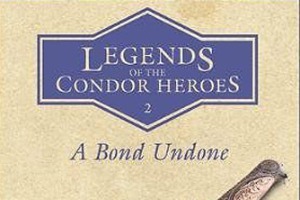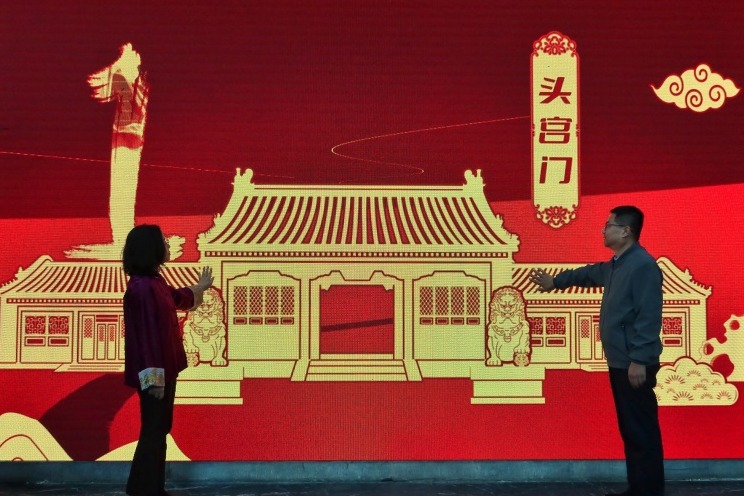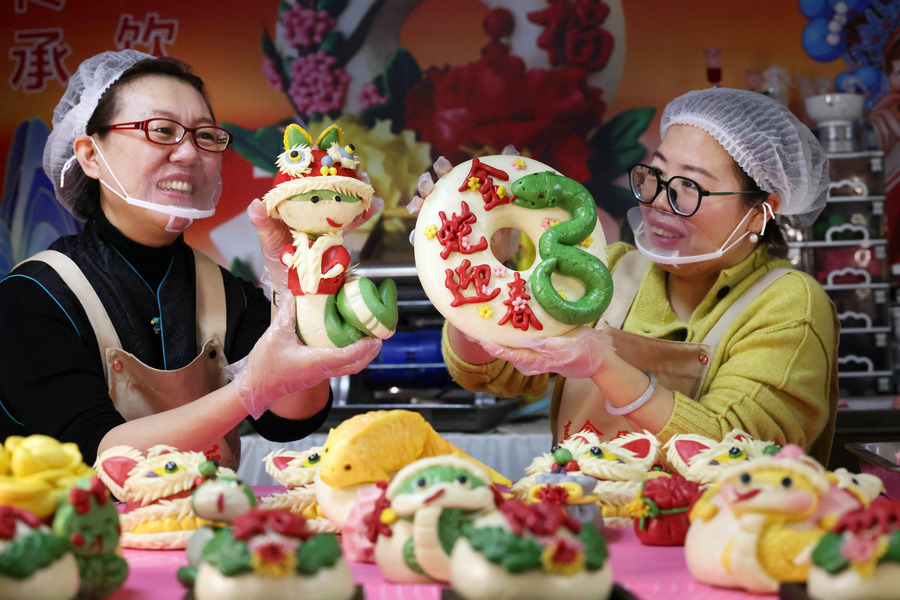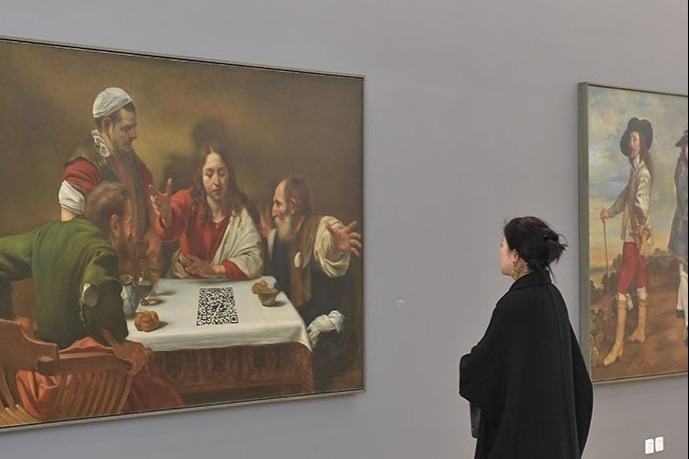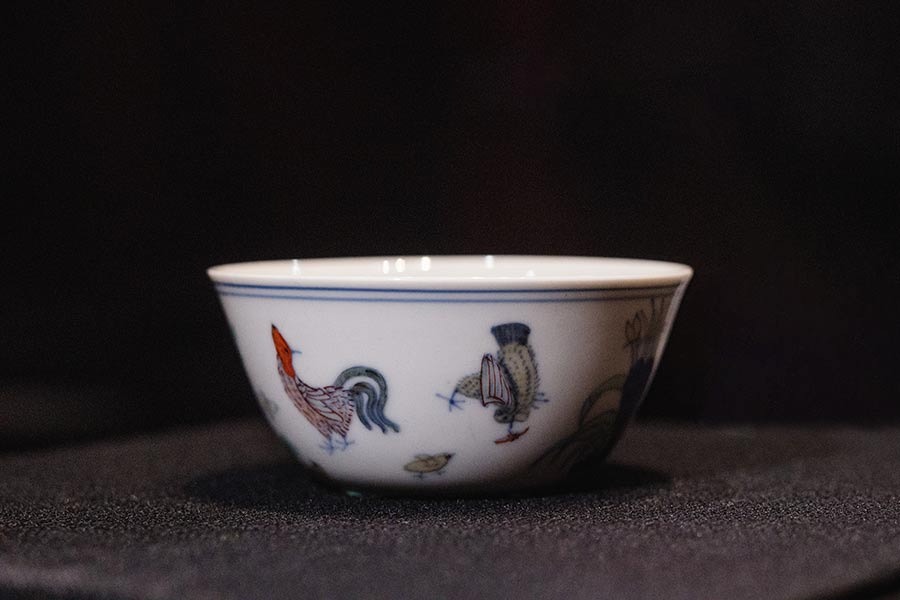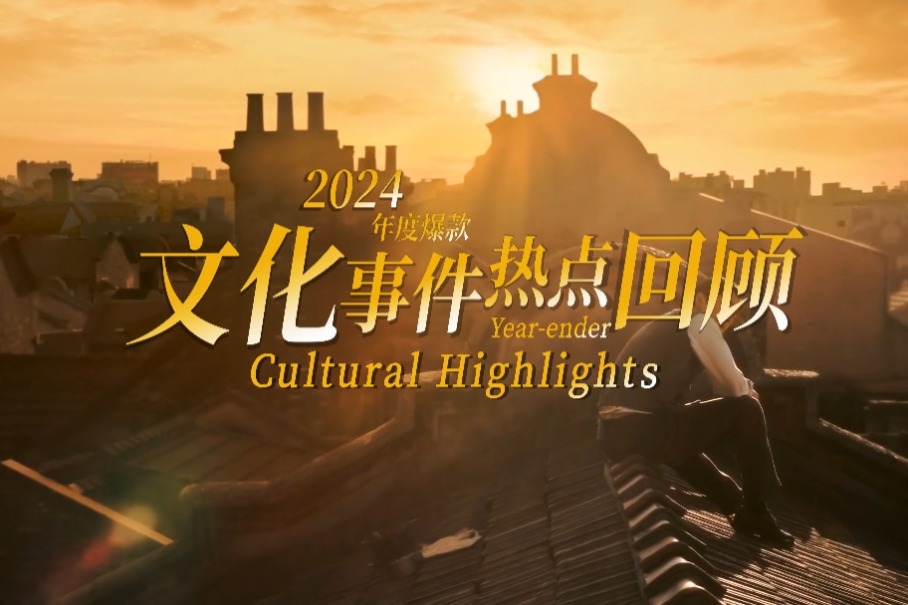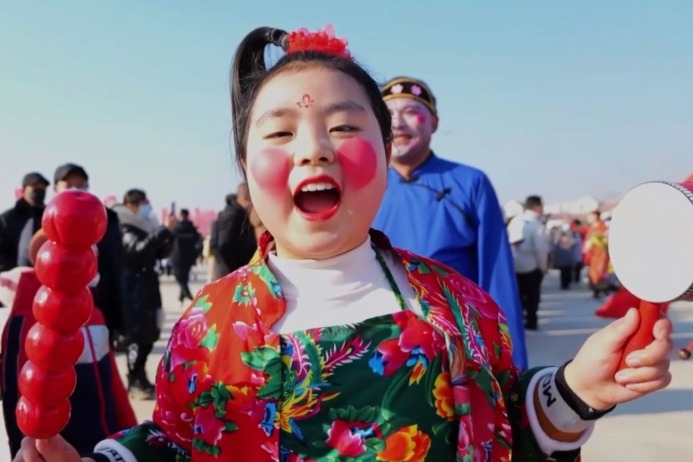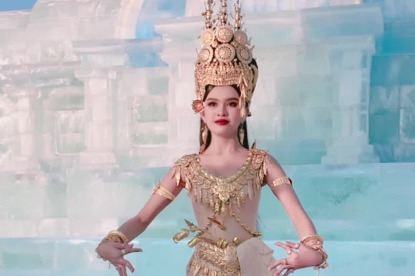Turning action into words

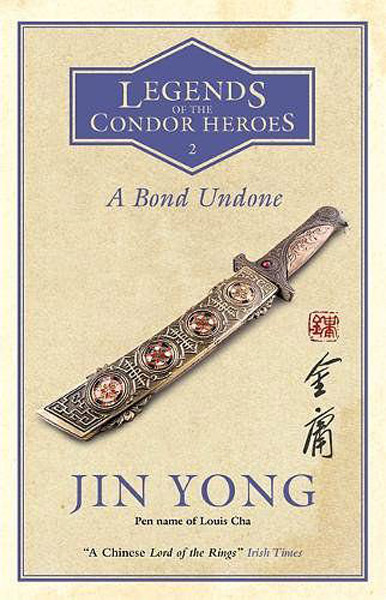
A Chinese translator, who published an English volume of the Condor Heroes series, is working on another book, Mei Jia reports.
Gigi Chang published the second volume in English of the Legends of the Condor Heroes earlier this year. The book series was written in Chinese by Jin Yong (Louis Cha Leung-yung), who's known for his martial arts and gallantry stories. The first volume was translated into English by British translator Anna Holmwood.
Though popular in the Chinese-speaking world, the books use many cultural, historical and philosophical references that make them difficult to translate for non-Chinese readers.
Chang, a Hong Kong native who now lives in Shanghai, says she practiced tai chi and played the dizi (bamboo flute) to get into the minds of the books' characters.
The additional benefit of tai chi was regular physical exercise.
"I've always found it easier to write about things when I know more about them. It helps to picture the fights or to explain the more abstract internal energy," she says.
"The translation work brought me closer to traditional Chinese culture, especially the interconnection among the different arts."
Starting from the summer of 2015, Chang spent two and a half years translating Volume 2, titled A Bond Undone, while Holmwood was doing the first.
Since she worked from home, Chang says she followed a strict daily schedule.
"To be honest, it's my dogs that helped me to enforce self-discipline."
Besides keeping in tune with Volume 1 because of the book's sheer length and abundance of details, Chang's biggest challenge when working on the second volume was to "visually translate" the martial arts scenes, such as fights, to make them as thrilling to the foreign readers as the original writing.
For example, in the case of heroine Lotus Huang's kung fu master father, his six disciples are named after feng, or "wind" in Chinese. In Chang's version, they are called Hurricane Chen, Cyclone Mei, Tempest Qu, Zephyr Lu, Galeforce Wu and Doldrum Feng.
Wang Xiaohui, senior editor with china.com.cn, reads out excerpts from Chapter 3 of the second volume to show his appreciation for the translation, especially of parts related to martial arts moves and the philosophical thinking behind them.
"Remember the name: haughty dragon repents. The essence of the move is not about being 'haughty', it's in the'repent'. Anyone with a few muscles can muster up fast, brute force. Do you think that's enough to win Apothecary Huang's approval?
"The haughty dragon repents, what waxes must wane. Propel and withdraw. For each palm thrust you launch, you must have at least twice the strength reserved in your body. When you understand what 'repent' means in action, then you will have grasped about a third of what this move is about. It's like a vintage wine: smooth on the palette, a powerful kick at the end. This is 'repent.'"
These words are spoken in the book by Count Seven Hong, the chief of the Beggar Clan, as he teaches Guo Jing, the main protagonist, the first move of the"18 dragon-subduing palms".


